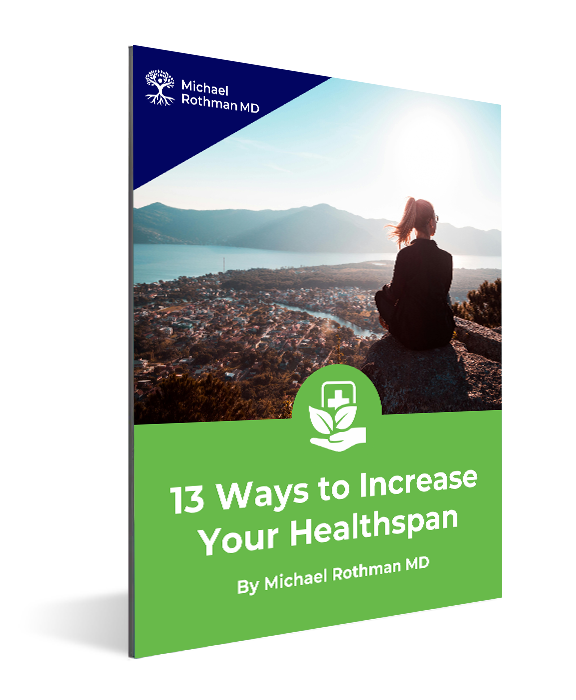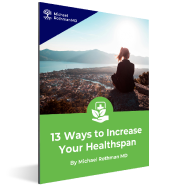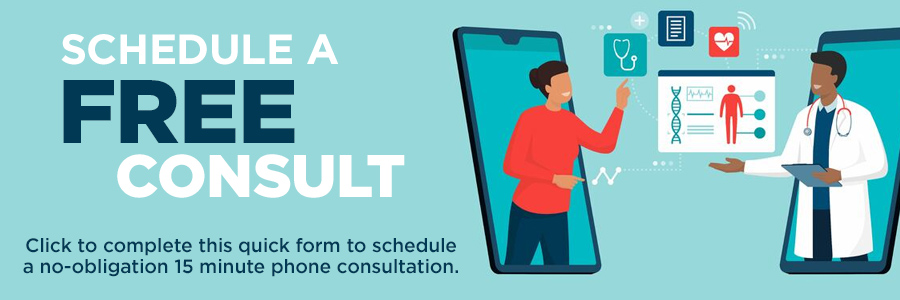Many health professionals including doctors, dieticians and nutritionists recommend that you eat multiple small meals throughout the day, rather than two or three large meals. This all too common dietary suggestion is intended to help you “boost your metabolism” and ultimately help you to lose weight.
These same misguided (but well-meaning) doctors, dieticians and nutritionists will most likely also suggest you follow a low fat, high carbohydrate diet. These two popular dietary recommendations are a terrible mistake and can be detrimental to not only your waist line, but to your health as well! The notion that eating several small meals (or snacks) throughout the day will “boost your metabolism” is completely unfounded, with no science supporting it.
What is a healthy snack?
When you ask me, what is a healthy snack? I would have to reply that there is no such thing as a “healthy snack”. I tell my patients, if you are hungry then eat a meal, if you are not hungry; there is no reason to eat anything. Even healthy foods like organic meats, fish, whole grains, fruit, and vegetables will have metabolically damaging effects if consumed too frequently.
Why do I get hungry again so soon after eating?
The truth is that a proper meal should suppress your appetite for at least 4-5 hours. However, too many people are consuming diets that are too low in fat while being too high in carbohydrates. These unhealthy diets that are being recommended are based on the flawed notion that “eating fat makes you fat” and “eating fat is unhealthy and leads to heart disease”. If you consume a low fat, high carbohydrate diet, you will be hungry all the time, because your blood sugar will be constantly crashing – putting you in a state of hypoglycemia. And if your blood sugar is chronically low, you will need to eat throughout the day, to maintain normal blood sugar levels.
Why is snacking so unhealthy?
Every time you eat, your blood sugar increases. This action triggers your pancreas to release insulin into your body to lower your blood sugar. The more insulin in your body, the faster your blood sugar drops, the sooner you will be hungry again. Therefore, because you’re hungry, you eat a snack, which in turn produces more insulin, and again you might feel hungry. It’s a vicious cycle. Over time, your insulin levels will become higher and higher, which is very detrimental to your health. Excessive levels of insulin in your bloodstream cause inflammation throughout your body. This is the reason that diabetic patients incur so many health problems. Many people that suffer from type 2 diabetes also have a condition known as insulin resistance. Unfortunately, many doctors, nutritionists and dieticians do not understand the danger of high insulin levels. These well meaning, but misinformed health care providers too often concentrate on keeping your blood sugar regulated while being unaware of the dangers of high insulin.

Start your journey to true well-being:
What should I do instead of snacking?
Firstly, avoid low fat, high carbohydrate meals. If you eat enough healthy fat (contained in foods like organic meat, fish, cheese and eggs) at each meal, you will not get hungry between meals. Secondly, do not eat between meals. You need to give your body time to digest and fully utilize the food that is already in your system which gives time for your insulin receptors to become fully sensitized.
Eating less frequently for better health
There’s a new concept that is becoming more popular called intermittent fasting”. This is a dietary approach where you only eat once or twice a day and at specific times. Now you must be wondering, is this healthy for me? This method is designed to schedule a pattern of eating to get the most out of each of your meals. The longer you spend in a fasted state where you’re not digesting your meal, the longer your insulin levels are at its lowest. And in this fasted condition, your insulin levels are quite low and you actually start to burn your own body fat. Following this type of healthy eating plan will, over time, diminish your production of insulin. This scientifically sound nutrition plan can help you lose weight, lower your insulin levels and reduce your chances of developing many chronic degenerative diseases.
So what do you suggest I do when I’m hungry?
As I mentioned previously, if you are hungry, eat a real meal with enough healthy fats (like organic meat, fish, eggs and cheese). These nutritious and deliciously healthy fats are equivalent to putting a log in your metabolic fire, keeping your blood sugars stable and allowing you to go several hours before getting hungry again. If you get hungry in between meals, you should recognize that your previous meal did not contain adequate amounts of healthy fats. Put a “log on your metabolic fire” every time you eat for a long and healthy life.
Are you snacking throughout the day? Or do you find that you’re always hungry? Come in for a consultation with Dr. Rothman by calling, 732-268-7663 and establish a better nutritional plan guaranteed to help you stabilize your blood sugars, reduce your insulin levels, improve your health, and even help you lose weight.












